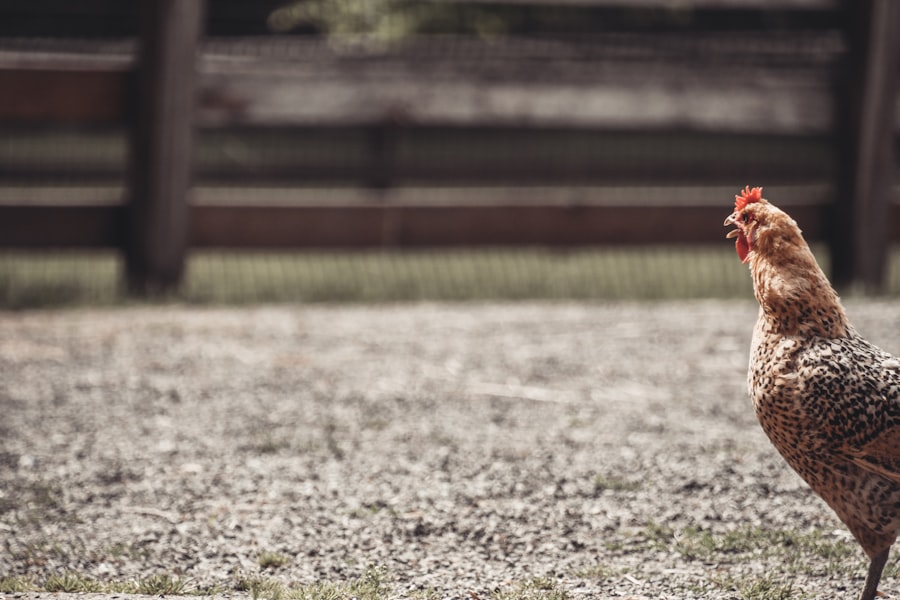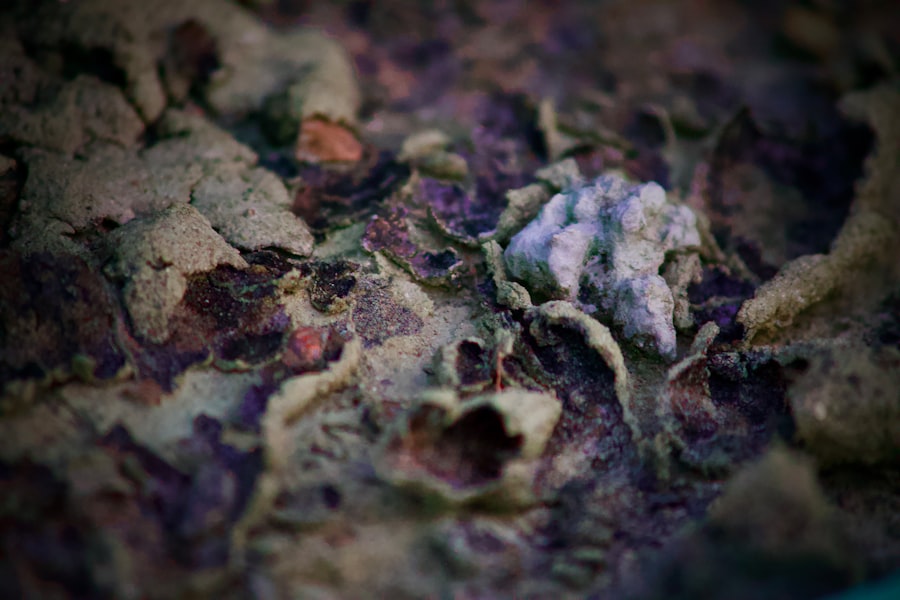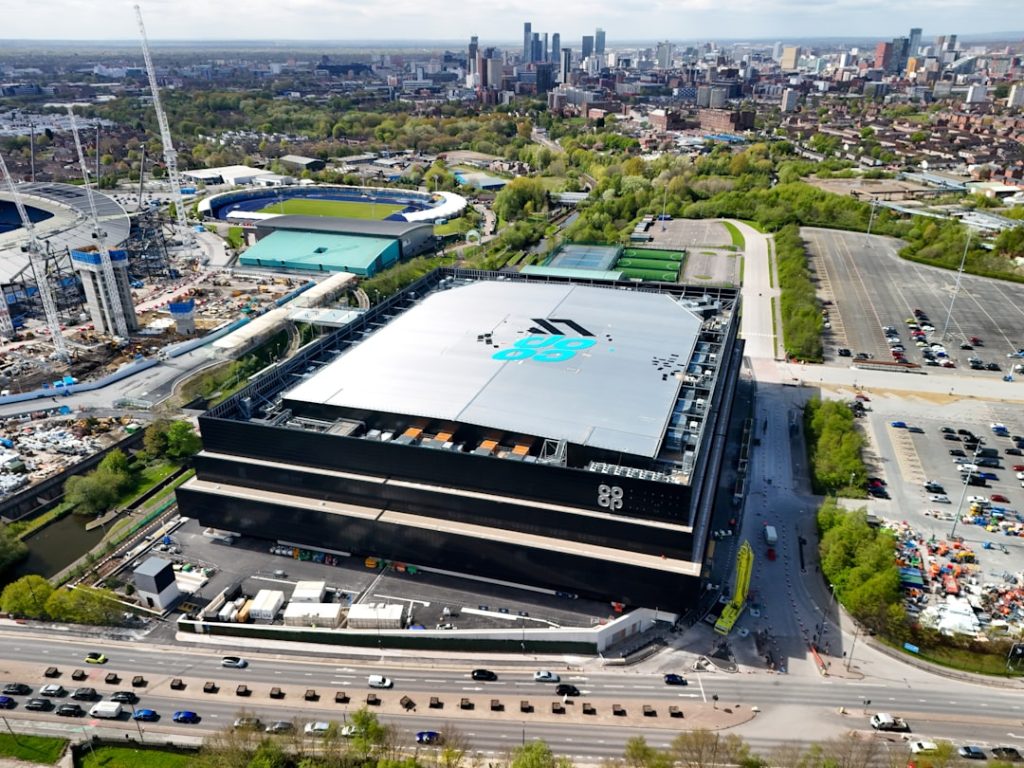Chickens are highly susceptible to heat stress due to their lack of sweat glands and reliance on panting for temperature regulation. High temperatures can lead to various health issues in chickens, including decreased egg production, reduced feed intake, and potentially death. Heat stress weakens their immune system, making them more prone to diseases and infections.
Dehydration, often accompanying heat stress, can exacerbate these negative effects. Chicken owners must understand the impact of heat on their flock to implement preventive measures against heat-related health problems. Summer months pose a particular risk for chickens due to soaring temperatures.
Prolonged exposure to high heat can result in heat exhaustion, which may be fatal if not addressed promptly. Chicken owners should be vigilant for signs of heat stress, such as panting, lethargy, reduced egg production, and pale combs and wattles. Understanding the impact of heat on chickens enables owners to take appropriate steps to mitigate the effects of high temperatures and ensure their flock’s well-being.
Table of Contents
Key Takeaways
- Heat stress can have a significant impact on chickens, affecting their health and egg production
- Providing adequate shade and ventilation is crucial to help chickens cope with high temperatures
- Offering cool treats and fresh water can help chickens stay hydrated and cool during hot weather
- Adjusting feeding and watering schedules can help prevent heat stress in chickens
- Creating a dust bath area can provide chickens with a natural way to cool off and reduce heat stress
Providing adequate shade and ventilation
Shade: A Key to Reducing Heat Stress
One of the most effective ways to prevent heat stress in chickens is to provide adequate shade in their coop and outdoor areas. Shade can help reduce the direct exposure of chickens to the sun, lowering the ambient temperature and providing a cooler environment for them to rest and seek refuge from the heat. Natural shade from trees or artificial shade structures can be used to create shaded areas in the chicken coop and run.
Ventilation: Allowing Hot Air to Escape
Additionally, proper ventilation is essential for allowing hot air to escape from the coop and fresh air to circulate, helping to maintain a comfortable temperature for the chickens. In addition to providing shade and ventilation, chicken owners can also consider using reflective materials on the roof of the coop to reduce heat absorption. This can help lower the temperature inside the coop and create a more comfortable environment for the chickens.
Maintaining a Comfortable Environment
It is important to regularly inspect the coop and outdoor areas for any obstructions that may impede airflow or block shade, and make necessary adjustments to ensure that chickens have access to cool and well-ventilated spaces. By providing adequate shade and ventilation, chicken owners can help prevent heat stress and create a more comfortable living environment for their flock.
Offering cool treats and fresh water

During hot weather, it is important for chicken owners to offer cool treats and fresh water to help their flock stay hydrated and cool. Cool treats such as frozen fruits and vegetables can provide chickens with a refreshing snack while also helping them stay hydrated. Watermelon, cucumbers, and frozen berries are popular choices for cool treats that chickens enjoy during hot weather.
Additionally, offering fresh water in multiple locations throughout the coop and outdoor areas can encourage chickens to drink more frequently, helping them stay hydrated and maintain a healthy body temperature. In addition to offering cool treats and fresh water, chicken owners can also consider adding electrolytes or vitamins to the chickens’ water to help replenish essential nutrients lost through panting and sweating. Electrolytes can help chickens stay hydrated and maintain their electrolyte balance, which is crucial for their overall health and well-being during hot weather.
It is important to regularly check water sources to ensure that they are clean and free of debris, as clean water is essential for preventing dehydration and heat stress in chickens. By offering cool treats and fresh water, chicken owners can help their flock stay cool and hydrated during hot weather.
Adjusting feeding and watering schedules
During periods of extreme heat, it may be necessary for chicken owners to adjust their feeding and watering schedules to help prevent heat stress in their flock. Feeding chickens during the cooler parts of the day, such as early morning or late evening, can help reduce the metabolic heat generated by digestion and minimize the impact of high temperatures on the chickens’ body temperature. Additionally, offering smaller, more frequent meals can help prevent overeating and reduce the metabolic heat produced during digestion.
In addition to adjusting feeding schedules, it is important for chicken owners to monitor their flock’s water intake and refill water sources more frequently during hot weather. Chickens may drink more water than usual during periods of high temperatures, so it is crucial to ensure that they have access to an ample supply of fresh, clean water at all times. By adjusting feeding and watering schedules, chicken owners can help minimize the impact of heat stress on their flock and promote their overall well-being during hot weather.
Creating a dust bath area
Creating a dust bath area for chickens is an effective way to help them stay cool and maintain good hygiene during hot weather. Dust bathing is a natural behavior for chickens, as it helps them remove excess oil and dirt from their feathers while also providing a cooling effect on their skin. To create a dust bath area, chicken owners can use a shallow container filled with fine sand or dusting material such as diatomaceous earth or wood ash.
Placing the dust bath area in a shaded spot in the coop or run can provide chickens with a cool and comfortable space to engage in dust bathing behavior. In addition to providing a dust bath area, chicken owners can also consider adding herbs such as lavender or mint to the dusting material, which can provide a natural cooling effect and repel insects. Herbs with cooling properties can help chickens stay comfortable during hot weather while also promoting good hygiene and preventing parasites.
It is important to regularly replenish the dusting material in the dust bath area to ensure that chickens have access to clean and effective dusting material. By creating a dust bath area, chicken owners can help their flock stay cool, clean, and comfortable during hot weather.
Monitoring and managing heat stress

Recognizing the Signs of Heat Stress
Chicken owners should be vigilant about monitoring their flock for signs of heat stress, including panting, lethargy, reduced egg production, pale combs and wattles, and increased water consumption. These signs can indicate that the chickens are experiencing heat stress and require immediate attention.
Proactive Measures to Manage Heat Stress
In addition to monitoring for signs of heat stress, chicken owners can take proactive measures to manage heat stress in their flock. Providing cooling options such as misters or fans in the coop or run can help lower the ambient temperature and provide relief for chickens during periods of extreme heat. Offering frozen water bottles or ice packs in the coop or run can also provide chickens with a cool surface to rest against and help lower their body temperature.
Ensuring the Comfort and Health of the Flock
By monitoring and managing heat stress, chicken owners can help prevent health issues and ensure the comfort of their flock during hot weather. By taking proactive measures and being vigilant about recognizing the signs of heat stress, chicken owners can create a safe and healthy environment for their chickens to thrive.
Preparing for extreme heat events
Extreme heat events can pose significant risks to the health and well-being of chickens, making it crucial for chicken owners to be prepared for such situations. Creating an emergency plan for extreme heat events can help ensure that chickens have access to adequate shade, ventilation, cool treats, fresh water, and other resources necessary for staying safe during periods of high temperatures. It is important for chicken owners to have a backup power source for fans or misters in case of power outages during extreme heat events.
In addition to preparing the coop and outdoor areas for extreme heat events, chicken owners should also be prepared to provide additional care and attention to their flock during such situations. This may include monitoring chickens more frequently for signs of heat stress, adjusting feeding and watering schedules as needed, and taking proactive measures to manage heat stress through cooling options such as misters or frozen water bottles. By preparing for extreme heat events, chicken owners can help minimize the impact of high temperatures on their flock and ensure their well-being during challenging weather conditions.
In conclusion, understanding the impact of heat on chickens is essential for preventing heat stress and promoting the well-being of the flock during hot weather. Providing adequate shade and ventilation, offering cool treats and fresh water, adjusting feeding and watering schedules, creating a dust bath area, monitoring and managing heat stress, and preparing for extreme heat events are all important measures that chicken owners can take to protect their flock from the negative effects of high temperatures. By implementing these strategies, chicken owners can help ensure that their flock remains healthy, comfortable, and safe during periods of extreme heat.
If you’re looking for ways to keep your chickens cool during hot weather, you may also be interested in learning about what vegetables quails eat. Check out this article to discover the best vegetables to feed your quails for optimal health and nutrition. Additionally, you can also explore tips for creating a comfortable environment for your chickens by considering the floor of the chicken coop and chicken coop run plans in these related articles: Floor of Chicken Coop and Chicken Coop Run Plans.
FAQs
What are some signs that chickens are overheated?
Some signs that chickens are overheated include panting, holding their wings away from their bodies, reduced egg production, and decreased activity.
How can I keep my chickens cool during hot weather?
You can keep your chickens cool during hot weather by providing plenty of shade, ensuring they have access to fresh, cool water at all times, and using fans or misters to create a cooling breeze in their coop or run.
What are some ways to provide shade for chickens?
You can provide shade for chickens by using natural shade from trees or shrubs, setting up umbrellas or tarps in their run or coop, or creating a covered area with a roof or awning.
How often should I change my chickens’ water during hot weather?
You should change your chickens’ water at least once a day during hot weather to ensure it stays cool and fresh. If the water becomes warm or dirty before then, it should be changed more frequently.
Can I give my chickens frozen treats to help keep them cool?
Yes, you can give your chickens frozen treats such as frozen fruits or vegetables, or even frozen blocks of water with treats mixed in. This can help keep them cool and provide entertainment.
Meet Walter, the feathered-friend fanatic of Florida! Nestled in the sunshine state, Walter struts through life with his feathered companions, clucking his way to happiness. With a coop that’s fancier than a five-star hotel, he’s the Don Juan of the chicken world. When he’s not teaching his hens to do the cha-cha, you’ll find him in a heated debate with his prized rooster, Sir Clucks-a-Lot. Walter’s poultry passion is no yolk; he’s the sunny-side-up guy you never knew you needed in your flock of friends!







